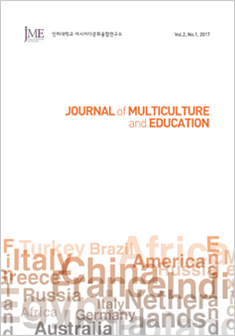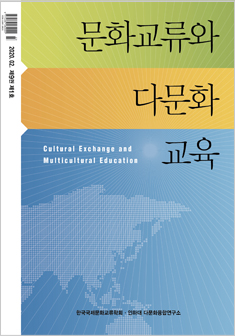
논문검색
HOME 학회지 논문검색
다문화와 교육(Journal of Multiculture and Education), Vol.6 no.1 (2021)
pp.23~46
Comparative Analysis of Higher Education Reform on Governance and System : A Case Study of Three Countries (Cambodia, Thailand, and Malaysia) in ASEAN Region
This study provides a comparative overview of the issues facing higher education in Cambodia, Malaysia, and Thailand. It identified issues and offers recommended for targeting support for higher education development in the region. The study adopted a case study method based on policy document review to examine the Higher Education System in Malaysia, Thailand, and Cambodia and policy reforms and institution‘s response on the policy and their process at each institution comparatively. The difference between the desire of HEI administrators to exercise their own authority and judgment, and the willingness of the government to relinquish that control can be a source of tension, especially when each group defines “autonomy” in a different way. Even though most governments claim they have prepared a coherent infrastructure to support the implementation of new policies granting HEIs more autonomy, differences in definitions of autonomy vary among countries. Many factors must work together if instructional quality is to improve. Ultimately, however, individual instructors are the gatekeepers of what happens in the classroom. Academic staff are the greatest resource of any university. They carry out the mission of the institution and largely determine its quality. HEIs need academic staff with solid content knowledge, effective teaching and communication skills, and, if knowledge creation is part of the mission, some level of research competence. Yet, the rapid expansion of higher education in Asia has resulted in a great shortage of qualified academics, a development that seriously threatens quality of education.
 다문화와 교육(Journal of Multiculture and Education)
다문화와 교육(Journal of Multiculture and Education) 문화교류와 다문화교육
문화교류와 다문화교육